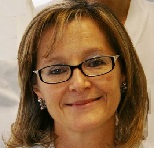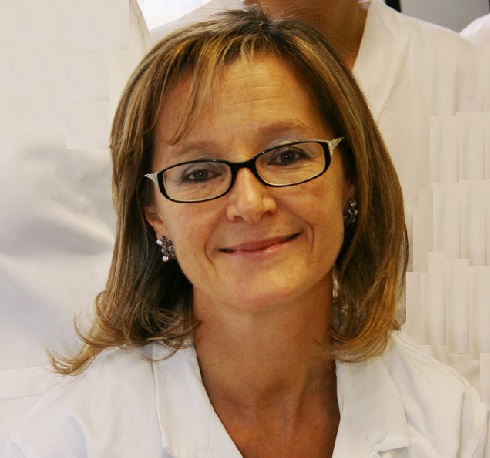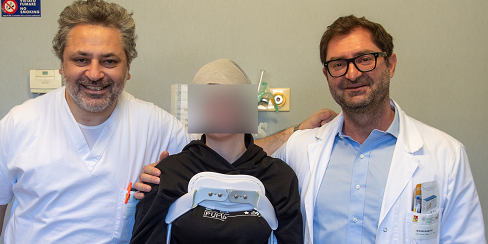
The diagnostic and therapeutic future of sarcomas, extremely aggressive tumors of mesenchymal origin with at least one hundred recognized subtypes, is based on genetics and epigenetics. “There is the need, on the one hand, - explains Katia Scotlandi, coordinator of the Working Group (WG) dealing with this neoplasia within Alleanza Contro il Cancro (Alliance against Cancer, ACC), the National Oncology Network founded in 2002 by the Ministry of Health - to provide patients with increasingly precise and practicable diagnoses in all National Health hospitals and, on the other hand, to propose innovative treatments. Indeed, in the treatment of sarcomas, in addition to chemotherapy – highlights the researcher who works at the Rizzoli Orthopaedic Institute in Bologna, an IRCCS (Healthcare and Research Institute) associated with ACC where the WG is based – conventional drugs at high dosage are prevalently proposed”.
Every year in Italy between 3000 and 3500 new cases of sarcoma are diagnosed; “a tumor with high biological aggressiveness and a strong metastatic tendency that – adds Scotlandi – needs invasive treatments with potential side effects that limit the quality of life”. Sarcomas account for about 2% of all neoplasias, a percentage that tends to increase in the paediatric population and young adults, reaching 15%. Research is performed jointly at the main Italian IRCCSs with specific expertise, as well as at the Italian Sarcoma Group, to design and activate clinical trials across Italy. “We are working to develop tools to enable all hospitals in the country to provide a highly accurate diagnosis, and consequently, an even more appropriate treatment than today. Regarding innovative therapies, that are identified by genetic characterization of the disease, we used a specific oncochip that allows an accurate and precise detection of known and unknown gene fusion products. The associated use of Next Generation Sequencing (NGS) technology, although complex, provides easy-to-read data that can also be consulted by surgical pathology departments for routine diagnosis."
Research is performed jointly at the main Italian IRCCSs with specific expertise, as well as at the Italian Sarcoma Group, to design and activate clinical trials across Italy. “We are working to develop tools to enable all hospitals in the country to provide a highly accurate diagnosis, and consequently, an even more appropriate treatment than today. Regarding innovative therapies, that are identified by genetic characterization of the disease, we used a specific oncochip that allows an accurate and precise detection of known and unknown gene fusion products. The associated use of Next Generation Sequencing (NGS) technology, although complex, provides easy-to-read data that can also be consulted by surgical pathology departments for routine diagnosis."
"The ACC WG –concludes Scotlandi– is a unique opportunity of great national value because it allows researchers from different institutes to work in teams, transferring the results of new cellular knowledge, applicable to more effective treatments with reduced toxicity, to colleagues working in the clinical field.”


